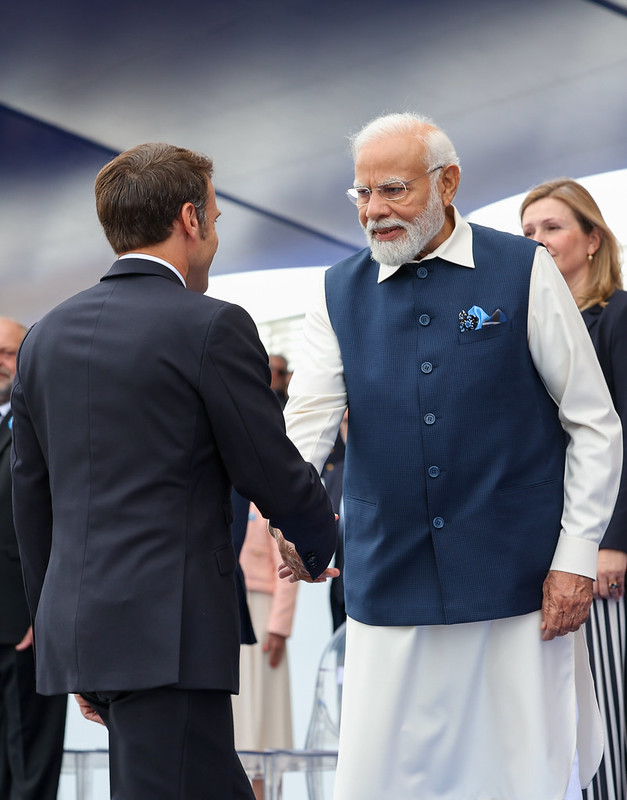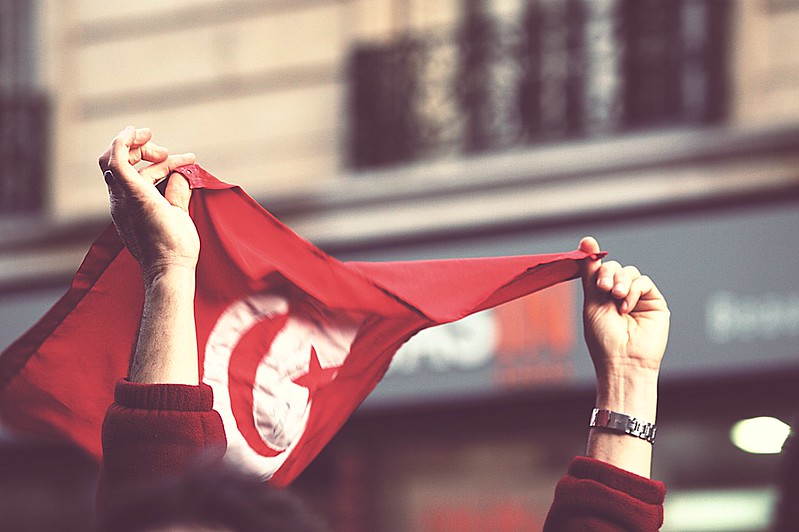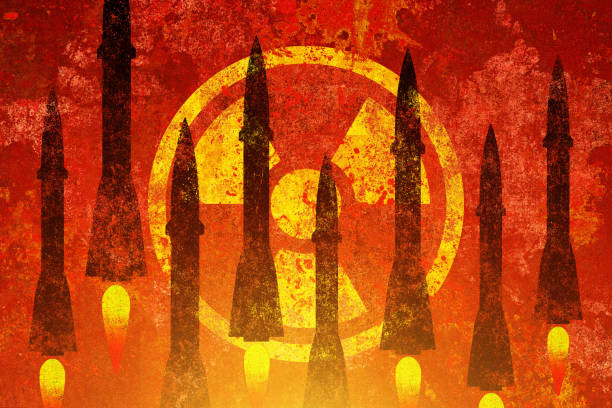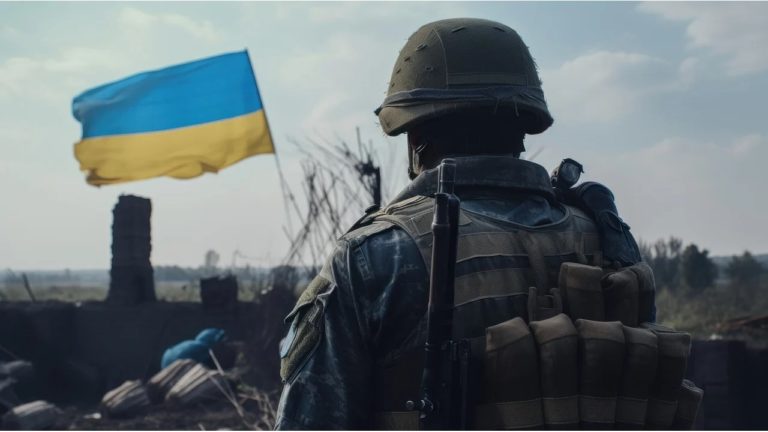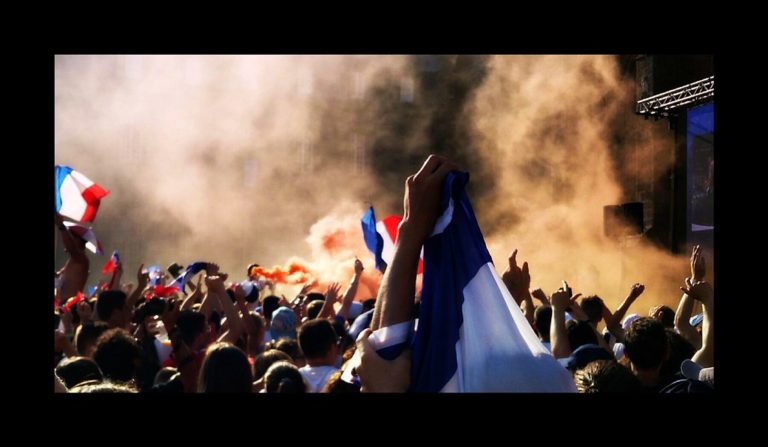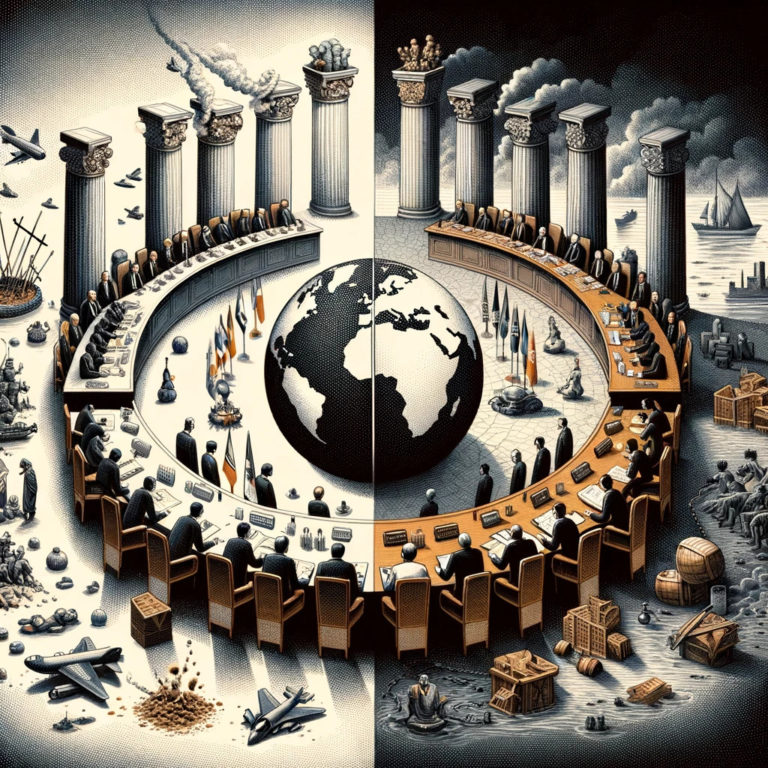Letter from La Vigie, dated 1st May 2024

Raids in the Middle East and the threshold of disuasion
The reciprocal attack by Iran and Israel in April was the first direct aggression against the Hebrew state for decades: a threshold of escalation has been crossed. But it pits two powers on the nuclear threshold against each other: does the classic grammar of deterrence still apply?
To read the article, click here
NATO’s decoupling
The entry of the first Russian troops into Ukraine prompted NATO member states to support the invaded country. European voices then proclaimed that the Alliance was being strengthened, as evidenced by the accession of Sweden and Finland. However, decoupling mechanisms (not just transatlantic) are at work, threatening the Alliance’s very survival.
To read the article, click here
Lorgnette: 7 years on
7 years after the 1st speech at the Sorbonne (LV 107), 3 pages of text later, where does France and Europe stand? A list of successes, still implacable observations, progress to be made, incentives to build the European pillar of the Alliance, to implement common strategies, to apply the strategic compass, to rethink energy and agricultural policies, to use France’s nuclear weapons to protect Europe…
There’s nothing fundamentally new here, apart from the fact that we can guess at the impact of farmers’ protests against rising energy prices. We have already dealt with these issues in a previous issue (LV 237), which gives this speech a surprising tone. Can we keep repeating the same observations and the same proposals, betting on our listeners’ amnesia? Some of the German press echoed this perplexity, while French columnists did not hesitate to evoke a “strategic rupture”… Europe is thus at a turning point in the face of uninhibited powers, the risk of falling behind, and the battle of the imagination. “I have come to talk to you about Europe”, he said 7 years ago.
What if we were now to take action?
JOVPN
Subscribers: click directly on the links to read online or download the pdf issue (here), always with your login/password. New readers: read the article by issue, by clicking on each article (€2.5), or subscribe (discovery subscription €17, annual subscription €70, orga. subscription €300 excl. tax): here, the different options.
Photo credit: Chris Devers on Visualhunt
